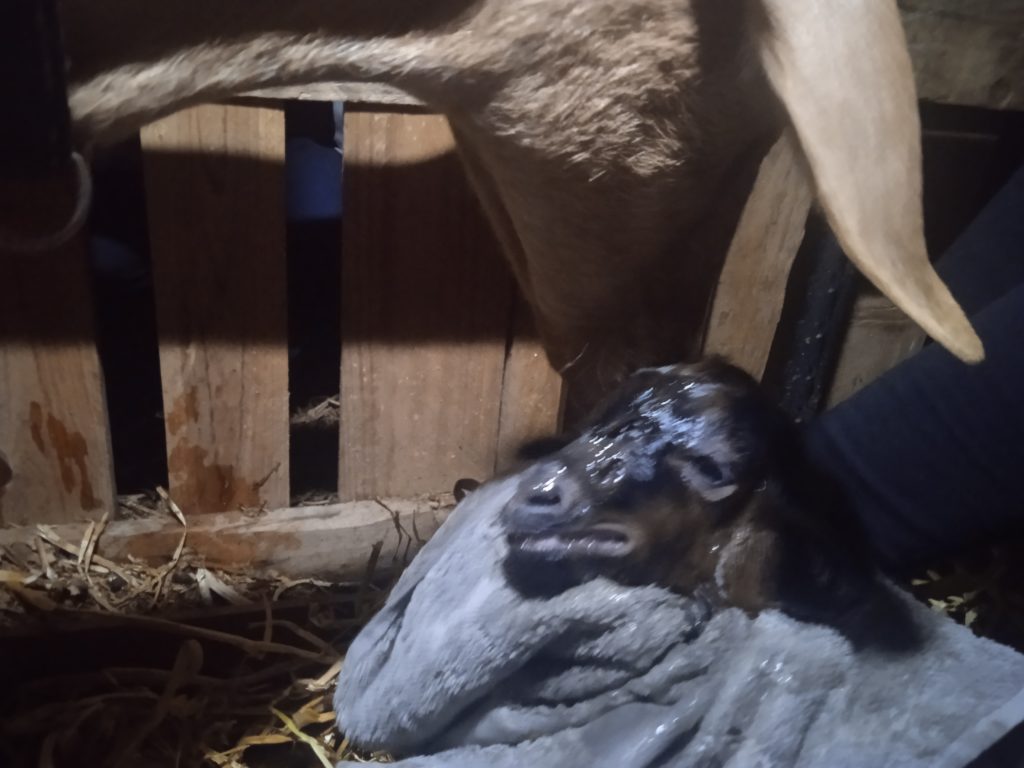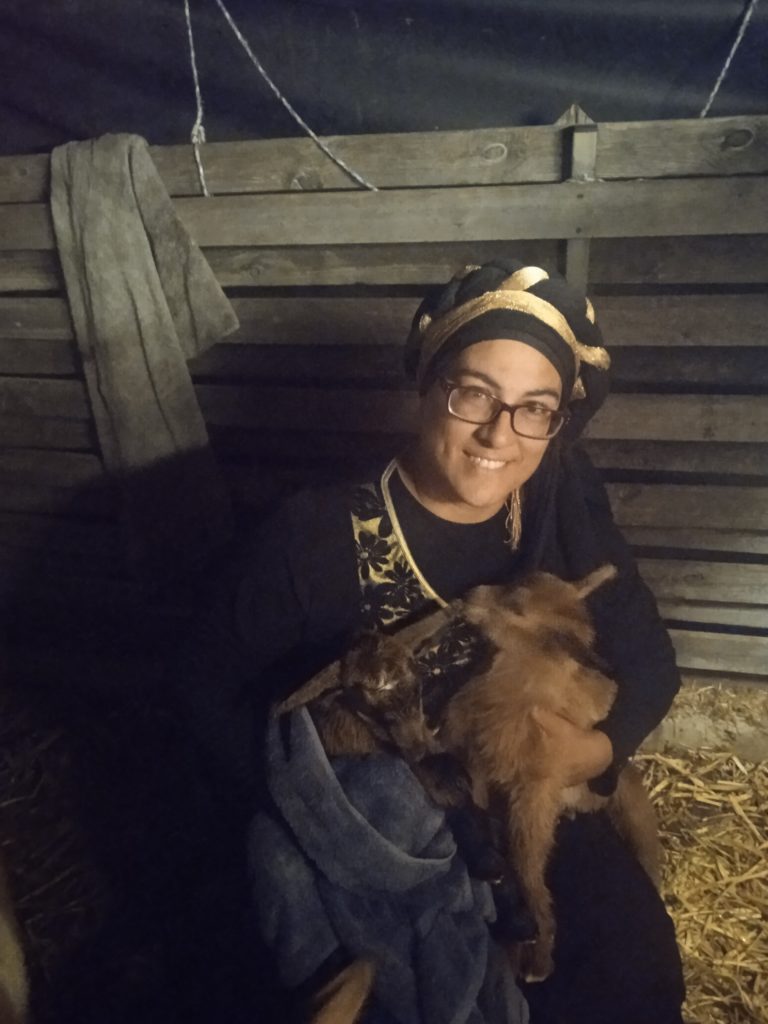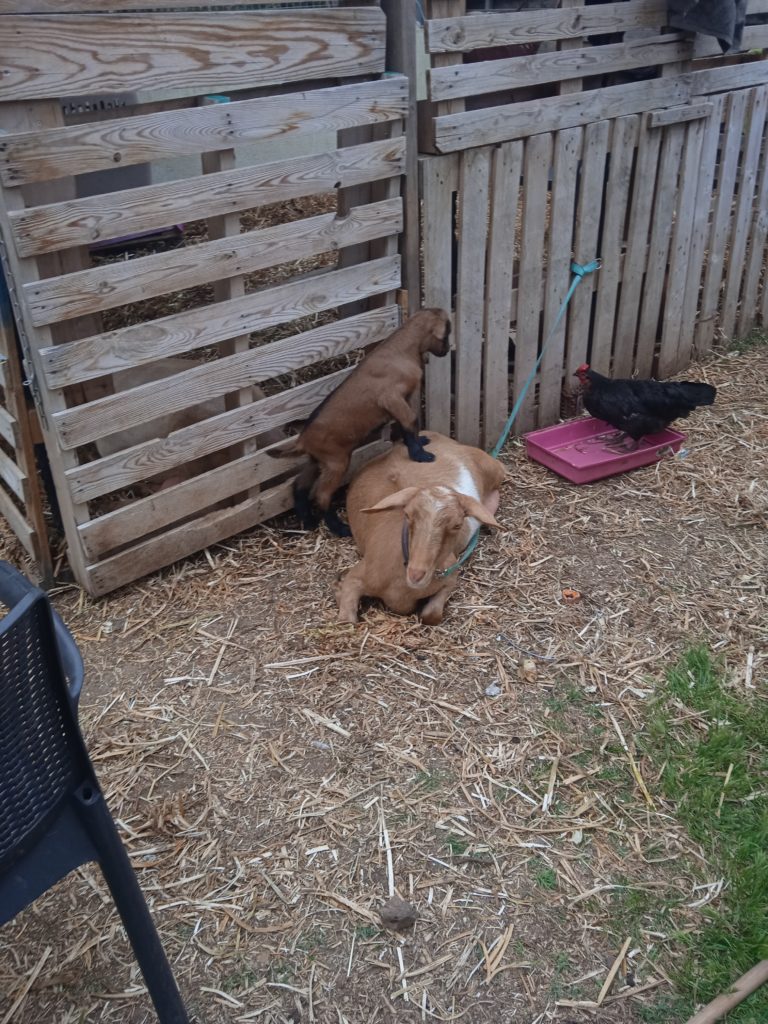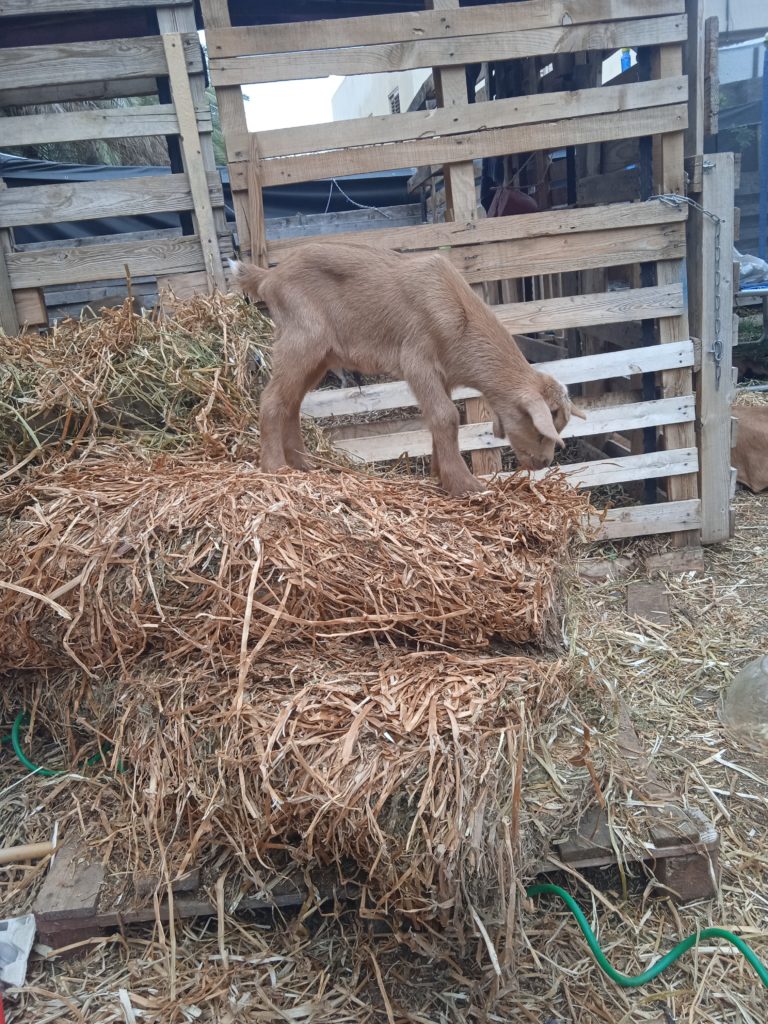When you raise animals, you learn a lot about disappointment.
There’s so much time, money and energy that go into raising animals, but the end result isn’t completely in your hands.
My fifteen year old son learned a lot from his experiencing raising chicks last year, and applied all those lessons to this season’s hatching. He renovated the incubator he built, set up good systems to protect the newborn chicks from injury, worked out the heating lamp system to keep the baby chicks warm as they grew, and the first two batches of chicks did really well.
Until he switched their food for Pesach. Six of his bigger chicks died in two days. We don’t know how many more would have died on Pesach, because…
Right after the first day of Pesach was over, all of his chicks were stolen from our gated backyard in the middle of the night. Every single one, from the new batch and the older batch. The afternoon before forty chicks were running all over the backyard, and the next morning none were left. When my son told me, I couldn’t believe it. I kept trying to think of a different reason to account for their disappearance.
It’s quite disconcerting to experience a theft like this.
I have a very, very good guess about who stole them. It’s very likely it was the same lovely children who stole his male goose on Shabbos morning last year. The children who two years ago stole all the tools a professional worksman left next to my gate, then claimed they didn’t have anything when I went to their home to reclaim them – and continued to claim they didn’t have anything as one by one, the tools were revealed in their yard. (Their mother standing right there said nothing but a very weak, “We don’t take other peoples’ things,” clearly not caring at all and not making any apology for the blatant theft of expensive professional tools.)
When something like this happens, you see how much we rely on parents to keep our world safe – when parents turn a blind eye or tacitly encourage these activities, it’s very hard to find recourse.
My boys are pretty certain about who it was, too, but won’t say a word about the evidence they have to support that conviction – they’ve accepted on themselves not to talk about those people. Interestingly, the morning after the chicks were stolen, the boy I suspect came to ask if we had spare pieces for a bike. He’s not a friend, and has never come to our home before. There’s no reason for him to ask us for this – and it made me very much wonder if he had entered our backyard (that can’t be seen into by passerby) and seen the bikes waiting to be repaired there. Who knows? I’m impressed with my son’s equanimity and his choice not to dwell on it, despite the significant financial loss and energy investment.
My son began incubating another very large batch of eggs. Two weeks into the three week incubation period, the power went out for fifteen hours. He was concerned the chicks were going to die, and most did – but thirty out of two hundred hatched. Not a great success rate but better than nothing.
In the meantime, one of his hens began sitting on her own eggs. When the first chick hatched, she took a walk with him. While she was off her nest, another hen sat down and co-opted the nest, then hatched the second chick, then walked around proudly with him.
My son wasn’t happy with that – he felt it was unfair for the first mother chick who did all the work for three weeks to have someone steal her nest. Somehow they worked it out between the hens, because a day or two later, the first mother had reclaimed her nest and the second chick. Barnyard drama. 🙂
As soon as the latest chicks were hatched, my son put them underneath the mother sitting on her nest. Chicks do best when raised by mothers and it’s much less intensive than using a heat lamp. By the time he had given her twenty chicks, she was very busy gathering them all under her to keep them warm.
So my son put another hen in with her to help her out, then put the rest of the newly hatched chicks in. So far they’ve lost three who weren’t kept warm enough, but all the rest are doing great.
It’s not just our experience, having especially bad luck raising chicks or animals that things like this happen. It’s the nature of it. There’s often something unexpected that goes wrong. Neighboring children bought ten chicks from my son’s first hatching, and did a fantastic job keeping them alive. Then a couple of days ago they woke up to three dead chicks in their coop, and the other seven were missing. (Their rooster they got from us was stolen the same night that my son’s chicks were stolen.)
They didn’t know what could have happened until they watched the replay on their security cameras. A fox repeatedly throughout the night came in and out of their yard, each time taking a chick with him. I know they planned a trap for the fox the next night, anticipating he would return for the three chicks he killed, but I didn’t yet hear an update.
I felt so badly for the children; I know what’s involved in raising week old chicks. It’s very disheartening to spend so much effort for months, and then have nothing to show for it.
Thinking about foxes and chickens, my son reflected to me a couple of days ago, “You know, Roald Dahl books make the good guys look bad, and make the bad guys looks good. In Fantastic Mr. Fox, the farmer trying to protect his chickens is the bad guy, and the fox is the good one. And in Danny, Champion of the World, the poacher and his son were stealing but they looked like the heroes.” He’s completely right.
I now have a padlock on the goat pen. And my son is sleeping outside to guard his chickens from the fox, in case he decides to make a visit. He likes sleeping outside once the weather gets warm, so he’s just moving out a bit sooner than he otherwise would. 🙂
Avivah



